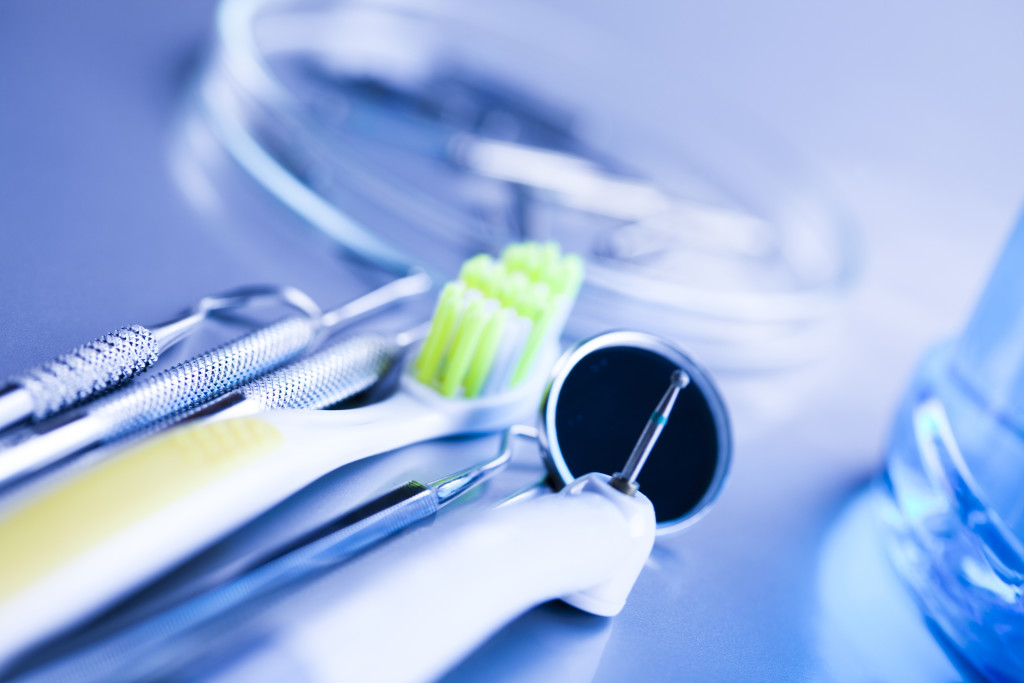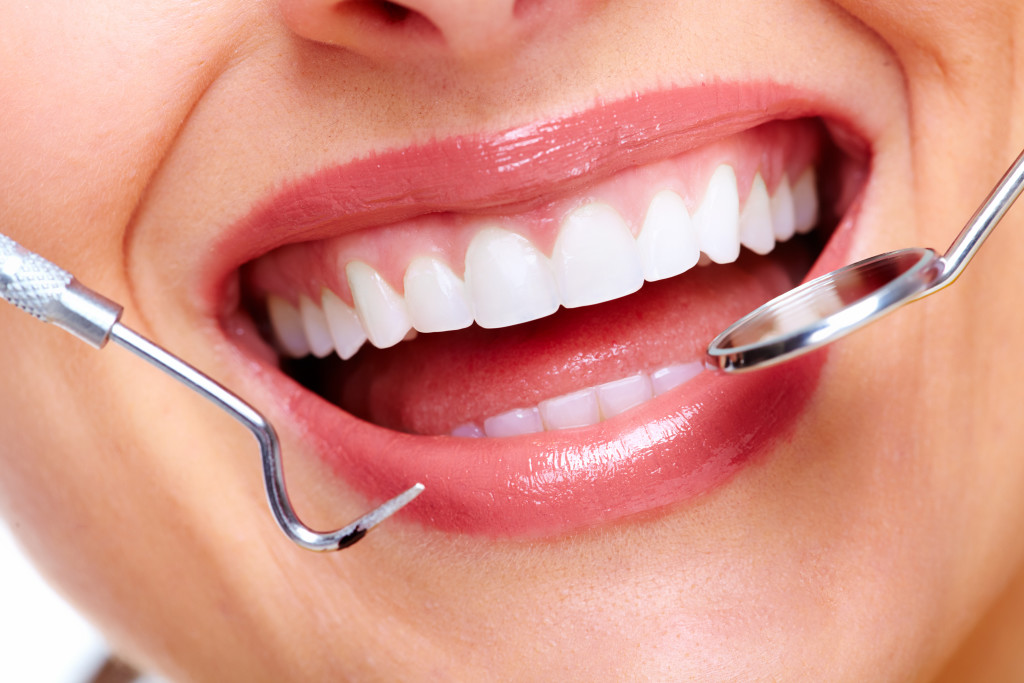 Each of us in the childhood heard: “Do not eat much sweet” or “Sugar spoils teeth”. But very few people know what is the harm of sugar for teeth. Accordingly, very few people regulate the amount of sweet in their diet. And if it regulates, then without any system, intuitively. However, one who cares about his health, must thoroughly understand this issue.
Each of us in the childhood heard: “Do not eat much sweet” or “Sugar spoils teeth”. But very few people know what is the harm of sugar for teeth. Accordingly, very few people regulate the amount of sweet in their diet. And if it regulates, then without any system, intuitively. However, one who cares about his health, must thoroughly understand this issue.
Sugar: scheme of action
So, what happens when we eat dessert? Entering the human body, white refined sugar, like any other food, must be digested and digested. To do this, he needs calcium and B vitamins. It is the dental tissue that becomes the resource from where our body receives these substances. That’s why when eating sweets, teeth gradually begin to break down from the inside. And with excessive consumption of sugar, this destruction takes place especially quickly, because the teeth do not have time to update their stock of necessary elements between the sweets. The result is tooth decay and other serious problems.
However, this harmful effect of sugar on the teeth is not limited. Such a product destroys them not only from the inside, but also from the outside. The fact is that between cleaning teeth on the surface of the enamel bacteria can form. And sugar is the optimal nutrient medium for them. Eating sweet, we create bacteria all the conditions for intensive reproduction. As a result, tooth enamel – the protective layer of the tooth – is thinner.
The most dangerous sweets
It is, of course, not only about refined white sugar, but also about all the sweets in which it is contained. World dentists have compiled a list of sugar-containing products, causing tooth damage most.
1. Candy-toffee and candy-jam. During chewing, they stick to the teeth and gums, clogged into the interdental spaces. Because of this, the dissolution time of sugar is several times increased. It remains in the mouth for a long time and provokes a rapid growth of bacteria damaging the enamel.
2. Caramel and sweets on its basis. As a rule, it is 58% of white refined sugar. That is, without an account to send caramels to your mouth – it’s like eating sugar with spoons. In addition, caramel dissolves for a long time, therefore it is in the mouth for a long time and it feeds the bacteria that are destructive for the enamel.
3. Chocolate and chocolate products. As in the case with caramel, the share of sugar in the finished chocolate mass is very high (about 50%). The least harmful is considered bitter chocolate. For its preparation, a large number of cocoa beans are used, which, as the scientists have recently proved, have disinfecting properties and stop the growth of bacteria in the oral cavity.
As you can see, sugar is really a serious enemy of our teeth, doctors knowingly so strongly recommend limiting its consumption. And this is not to mention the negative effect of sugar on the skin, cardiovascular and bone systems, as well as on the property of sweets cause the release of insulin and enhance appetite.
There is an exit
Thus, it is necessary to limit the amount of sugar in your diet. However, it is not necessary to completely abandon the sweet. Nutritionists recommend to replace cakes, sweets and chocolate with other products.
1. Honey. This natural product contains not only glucose and fructose, but also fruit and amino acids useful to the body, essential oils and mineral salts.
2. Fruits and berries. They contain fiber and a number of vitamins. Dates, bananas, grapes, cherries are useful both in raw form, and after minor heat treatment or freezing. And those who like desserts are more sentimental, dried fruits will suit them: the concentration of glucose in them is even higher than in fresh fruits.
3. Nuts. Many of their varieties have a sweet taste. In this case, nuts are a storehouse of protein and lysine, which helps to assimilate this protein.
4. Desserts based on fructose. It can be yogurt or dessert cottage cheese, the taste of which is not inferior to the usual products on sugar.
All these natural sweets will help you to please yourself with dessert without harm to the teeth and the whole body. Another tip – do not put sugar in tea and coffee: instead, you can put a spoonful of honey.
A simple way to determine how harmful this or that sweetness is is to evaluate how it was created. If a skilled chef worked on the preparation of a product for a long time, it means that there are probably a lot of sugar in it. If you have a natural product created by nature, its harm is minimal or nonexistent.
Dentists are not accidentally strongly advised to give up sugar: they are perfectly familiar with its effect on the teeth. Therefore, it is worth following the advice of specialists and starting to eat right, replenishing the supplies of substances necessary for the body with the help of natural products.
Image credit: jill111






